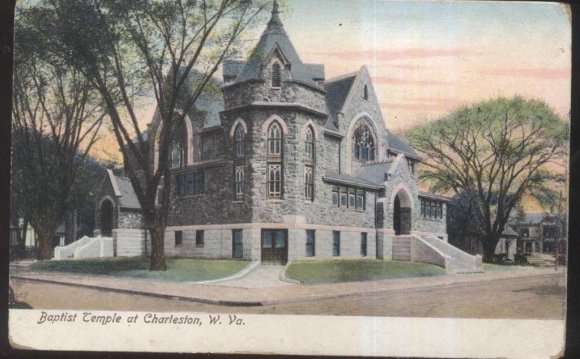
 Songwriter and performer Hazel Dickens has become the respected and celebrated people or nation artists to come from West Virginia. She's taped 11 albums, contributed into soundtracks of nine function films or video clips – including such popular releases as Matewan and Songcatcher – and seen her tracks recorded by designers such as for instance Dolly Parton, Johnny money, New Riders of this Purple Sage, Hot Rize, among others. Among the many honors and prizes she's got gotten may be the prestigious nationwide history Fellowship, presented to her by the National Endowment when it comes to Arts in 2001.
Songwriter and performer Hazel Dickens has become the respected and celebrated people or nation artists to come from West Virginia. She's taped 11 albums, contributed into soundtracks of nine function films or video clips – including such popular releases as Matewan and Songcatcher – and seen her tracks recorded by designers such as for instance Dolly Parton, Johnny money, New Riders of this Purple Sage, Hot Rize, among others. Among the many honors and prizes she's got gotten may be the prestigious nationwide history Fellowship, presented to her by the National Endowment when it comes to Arts in 2001.
Created in 1935 near Montcalm, Mercer County, Hazel was among 11 young ones created to Hilary Nathan Dickens and Sarah Aldora Simpkins Dickens. The set were initially from Floyd and Carroll counties in Virginia and migrated to south western Virginia searching for work. Through injury, a declining economy, and private difficulty, however, times grew tough for household. Hazel sooner or later left, as did many the woman siblings and her moms and dads.
Utilizing the woman tracks and her undeniable hill performing, Hazel became a powerful voice in labor and governmental moves and an articulate spokesperson for mining and women’s issues. Songs particularly “Black Lung, ” “They’ll Never Keep Us Down, ” “Coal Mining girl, ” and “Mannington Mining Disaster” centered extensive interest on western Virginia’s economic and social issues, while “A limited Old Memories, ” “Mama’s give, ” and “Working woman Blues” attained her a national market and recalled the lady Mercer County upbringing.
Curiously, all of these songs had been written after Hazel left West Virginia for Baltimore, and soon after, Washington, D.C. Driven into the town by economic requisite, Hazel never ever abandoned her mountain origins. This powerful attachment locates expression in several of the woman songs, but none way more than her anthem, “West Virginia, My Home.” Taped and carried out by numerous artists over the years, it's considered an unofficial “state tune” in certain corners. It's also a theme track for Hazel, which sings it – passionately – whenever she seems in public areas.
I'd the opportunity to check out with Hazel Dickens at her house in Washington, D.C., in Summer 2003, where we talked about this song along with her beloved western Virginia home. –ed.
John Lilly. Were all 11 of these kids at home previously?
Hazel Dickens. I question at some point, because they married younger. My oldest sis hitched at 15, and my earliest brother hitched at probably 17, 18, 19 – hitched very younger. Definitely, they stop college at a young age. One sister hitched at 16, plus one cousin hitched about 19. Some of the males married later on.
JL. Did you appreciate this residence once you had been younger, or would you not wait to leave of truth be told there? Do you bear in mind exacltly what the thoughts had been?
HD. Really, initially, we don’t believe we had been thinking of getting from here, you understand. I don’t think we knew exactly what “getting off there” implied. We don’t believe we had anything to compare it to. Needless to say, there is no television or any such thing that way and, more often than not, not a radio. It depended on what was happening here or exactly what my father found myself in, you know, to operate at. At one time, he had been hauling timber the mines. Into the prime years, he had been performing very good. Although more broke-down which he got in which he couldn’t do this heavy-lifting and material, things began to go downhill with all the current final children that can come along.
The first kids performedn’t own it all of that bad. There is generally stock around, you understand. I am talking about livestock, and a garden. A lot of the times, we lived out in the country. And in case we performedn’t, we might live appropriate outside town. We never ever lived right in the coal camp because [my daddy] had not been a coal miner. And also the coal miners got the houses, the organization houses. But once that duration had been over, he began to get downhill, getting whatever work which he could, ‘cause he couldn’t cope with that wood anymore. He couldn’t raise.
YOU MIGHT ALSO LIKE












